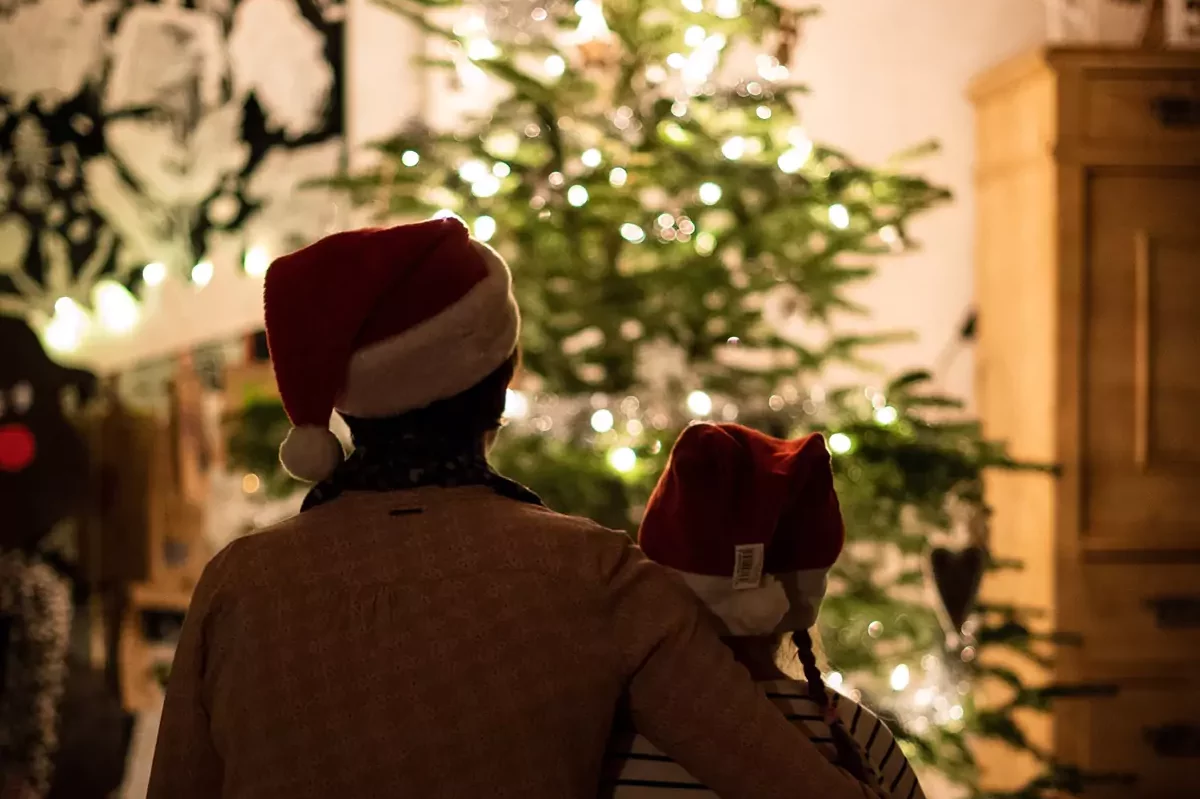As the final month of the year begins, the government of France has a few new changes in store, including an updated list of 23,000 training courses for students, financial incentives for the purchase of low emission vehicles and the ‘Prime de Noël’ for those in need.
The French government always puts out a list of what’s new and what has changed ahead of each new month, and from 1st December, there will be some changes affecting students, potential car buyers and financially vulnerable households.
EDUCATION
First up is a reminder that the Parcoursup information site, the national pre-registration platform for the first year of higher education in France, will be updated with the latest training options as of 20th December. Further information can be found here.
ENVIRONMENT
On 15th December, the Environment and Energy Management Agency of France will release an updated list of vehicles eligible under the national “ecological bonus” scheme, which favours the purchase of new or used vehicles with a low carbon footprint. This financial grant is conditional according to a set of specific criteria that can be found in detail here.
AID FOR THE VULNERABLE
Finally, the French state will be giving out Christmas bonuses to households who receive “minima sociaux” – guaranteed minimum income in English – during the month of December.
Minima sociaux are non-contributory social benefits, meaning that they are paid without compensation for contributions. The aim is to guarantee a minimum income to people in precarious situations.
The bonuses will be paid out by the Caisse d’Allocations Familiales (CAF) or the Mutuelle Sociale Agricole (MSA), with amounts varying depending on situation of individual households.
To find out more, click here.
Join the Monaco Life community – the largest English media in the Principality.
Sign up for the Monaco Life newsletter, and follow us on Facebook, Instagram , LinkedIn and Tik Tok.
Photo source: S. B. Vonlanthen, Unsplash

